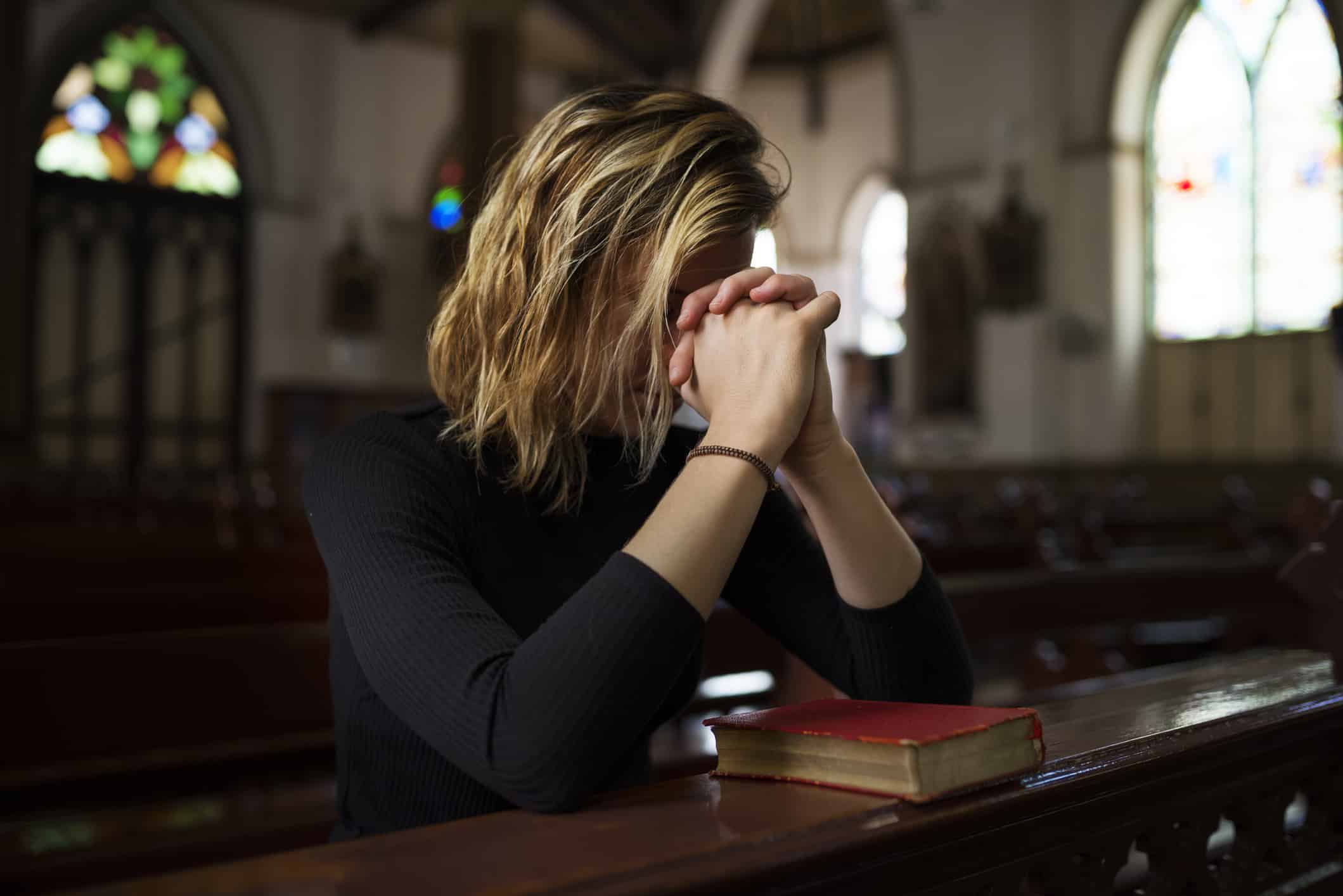“In the sacrament of penance, the faithful who confess their sins to a [confessor], are sorry for them, and intend to reform themselves obtain from God through the absolution imparted by the confessor forgiveness for the sins they have committed after Baptism and, at the same time, are reconciled with the Church which they have wounded by sinning” (Code of Canon Law, 959).
St. Catherine’s celebrates the Sacrament of Reconciliation every Saturday from 2:30-3:30pm and by appointment with one of our priests.
Names for the Sacrament
- Sacrament of Penance: We are called to change our ways through penance.
- Sacrament of Confession: The disclosure of our sins is essential to the sacrament. Our confession is a form of praise to God.
- Sacrament of Conversion: We are returned to the Father from whom we stray.
- Sacrament of Forgiveness: God grants us “pardon and peace” through absolution.
- Sacrament of Reconciliation: The sacrament gives us the love of God who reconciles.
The Minister of the Sacrament
Since Christ entrusted to his apostles the ministry of Reconciliation, bishops and priests continue to exercise this ministry. However, the confessor is not the master of God’s forgiveness, but its servant. Given the greatness of this ministry, the Church declares every priest who hears confession bound under very severe penalty to keep absolute secrecy regarding the sins that his penitents have confessed to him.
Integral Parts of the Sacrament
- Contrition: The sorrow of the soul and detestation for the sin committed, together with the resolution not to sin again. The reception of Reconciliation ought to be prepared for by an examination of conscience made in the light of the Word of God. For a sample examination of conscience, click here.
- Confession: Through the admission of sin, individuals take responsibility for them; thereby, opening ourselves again to God and the Church. In the Sacrament of Reconciliation, all mortal sins must be recounted in confession, “For if the sick person is too ashamed to show his wound to the doctor, the medicine cannot heal what it does not know” (Council of Trent). For a set of instructions on how to go to confession, click here.
- Penance: Raised up from sin, the sinner must still recover to full spiritual health by doing something more to make amends for the sin: he must make restitution. A penance can consist of prayer, an offering, works of mercy, service of neighbor, voluntary self-denial, sacrifices, and the patient acceptance of the cross we must bear. These penances help configure us to Christ, who alone offered himself for our sins once and for all; they allow us to become co-heirs with the Risen Christ.
- Absolution: The forgiveness of sins in the Sacrament of Reconciliation. The priest prays, “God the Father of mercies, through the death and resurrection of his Son has reconciled the world to himself and sent the Holy Spirit among us for the forgiveness of sins; through the ministry of the Church, may God give you pardon and peace, and I absolve you in the name of the Father, and of the Son, and of the Holy Spirit. Amen” (The Rite of Penance).

